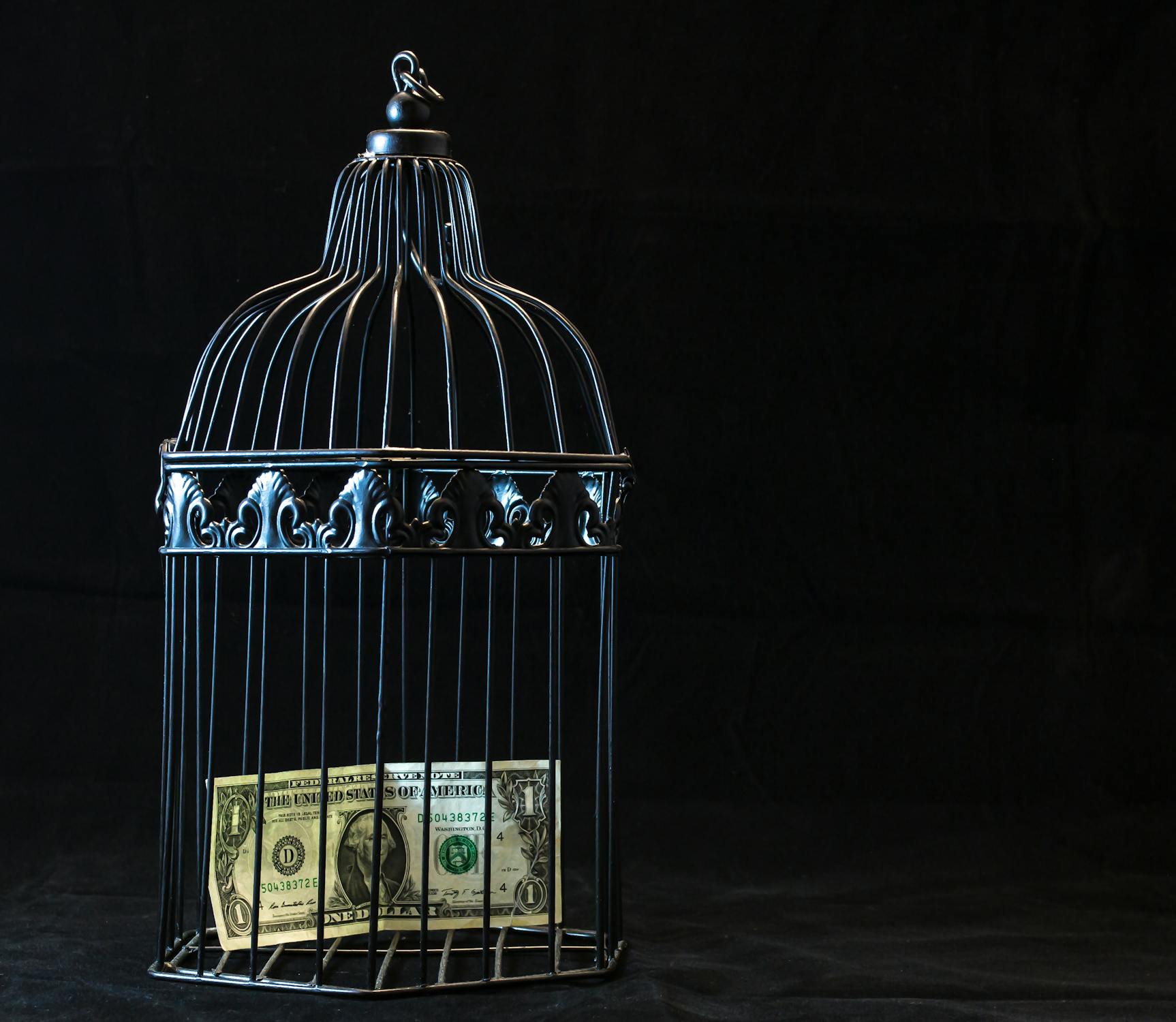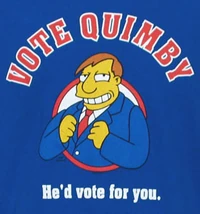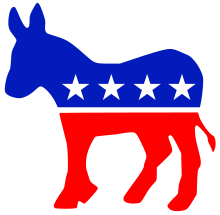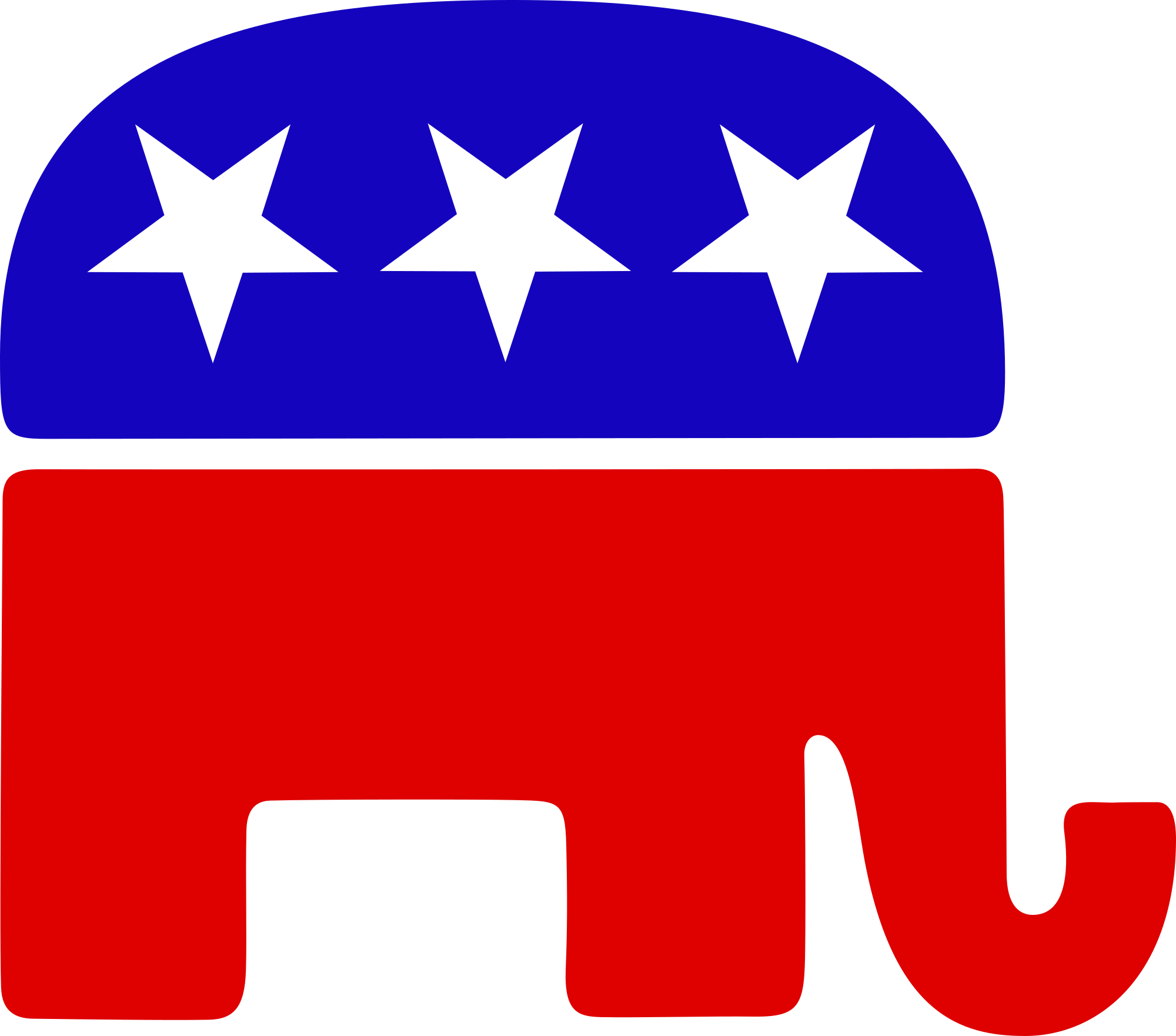Leaving the US & Living Abroad
Hello Readers!
Apologies for not posting for a while. I am sure you've been checking every day and constantly hitting the refresh button hoping for a new blog post. If so, today is your lucky day.
Recently, I have made a rather large life transition. My partner and I have moved across the pond to London, UK. This decision was difficult. When you think of living abroad, your first thought is: Adventure! Travel! Explore!
Realizing only later that you're truly leaving everything behind: Family. Friends. Work.
We have now been living in London for about 30 days. It feels so different now compared to the dream-like first few days.
My partner started work immediately, I was left to travel around town solo charged with finding us a place to live permanently. His company had set us up with temporary accommodations, but it was up to us to find a permanent flat to settle into.
My first day free of jet-lag I set out on my home-seeking adventure. My heart was full of hope as I scanned my list of potential neighborhoods.
I hopped on the underground and headed north. After minding the gap, the Tube spit me out in one of the famously trendy northern boroughs of London.
My heart dropped immediately. Outside the central touristy London, the neighborhoods become less predictable. One minute I was walking up a bougy high street, the next I was skirting through public housing. Being alone (and without a working cell phone yet) it made me realize how far from home I was.
There were moments of excitement and moments I felt utterly alone and literally lost.
By week three, we were touring apartments. Each flat we visited reminded me of when my college friends and I were searching for tiny two beds in Boston in the twilight of our college years. Similar to Boston, the apartments are old, small and not chock full of amenities. Basically, you do not get a lot of bang for your buck.
Coming from beautiful California, it took all I had not to burst into tears during those tours. I was coming from the coast where it was easy to escape into nature for hours. I tried not thinking about the hundreds of hikes and trails as I paced over concrete and pavement.
I convinced my partner to get further outside of the city, somewhere greener, slower. I had found a little borough southwest of the city and we've put an application this week for a cozy spot in an old converted library. Fingers crossed we get it. I'll keep you all posted.
My biggest takeaways from this international transition can be explained in a few short thoughts:
1. Change is hard. But, no I mean really, really hard. Not like in a Hollywood movie hard, but gut-turningly difficult.
2. Love is everywhere. I know this sounds corny, but I was lucky to be on this adventure with someone I loved. Also, my grief of missing my friends and family only made me realize how much I loved them even more; I took that comfort that someone out there was missing me everywhere I went.
3. Always invest in a good pair of sneakers, or 'trainers'.







